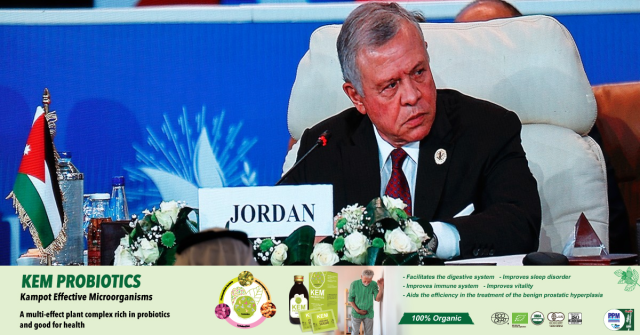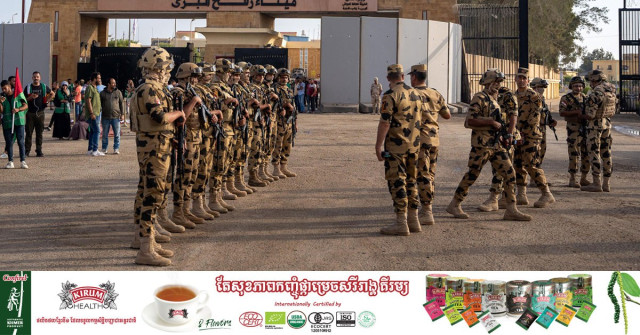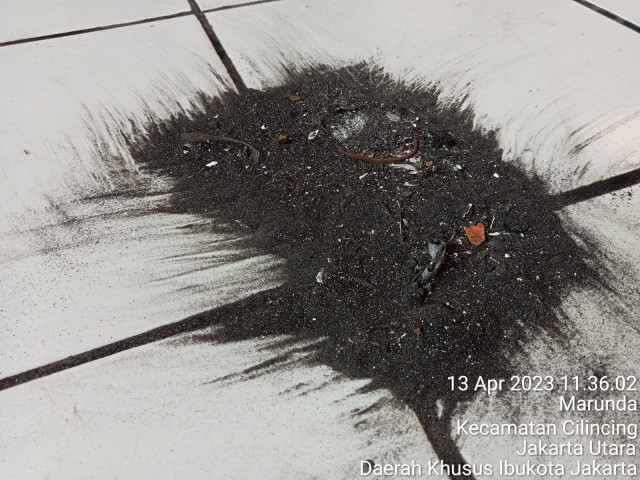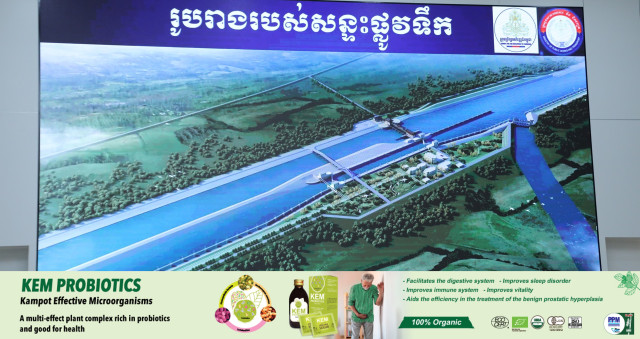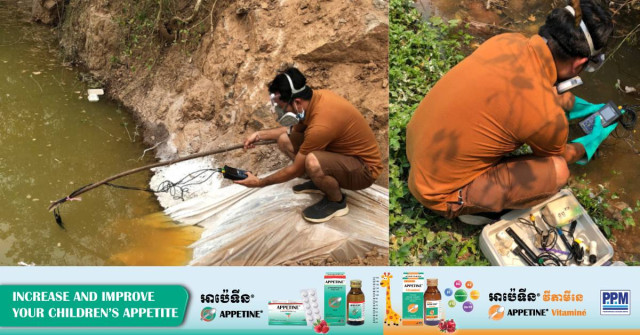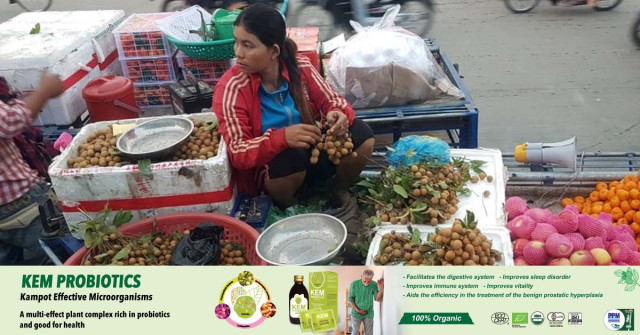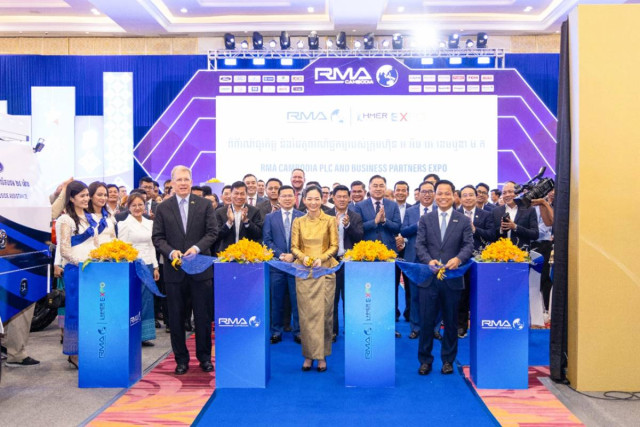UN Rapporteur Condemns ‘One-Party Rule’
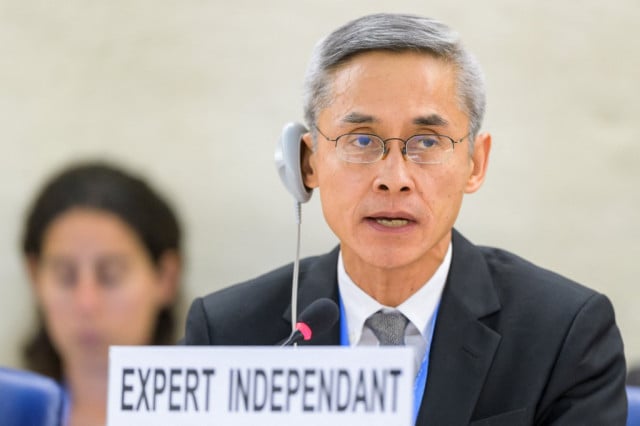
- By Phoung Vantha
- March 30, 2022 7:28 PM
Government insists it’s a multi-party state
PHNOM PENH – Civic and political space in Cambodia has regressed due to what is effectively all-intrusive single-party rule, Vitit Muntarbhorn, the UN special rapporteur on human rights in Cambodia says.
However, a government official said more than 20 parties took part in the last election.
Speaking at a meeting of the UN Human Rights Council on March 29, Muntarbhorn said the outlook for human rights and democracy in Cambodia was disconcerting on many fronts, especially in the lead-up to commune elections in June.
"I call on all authorities in Cambodia to respect fundamental human rights and international human rights laws to which the country is a party, including the basic freedoms of expression and assembly," he said.
He noted that Cambodia's government had seen improvements in terms of new draft laws to protect vulnerable people, a reduced backlog of court cases, and progress towards the establishment of a national human rights commission.
However, he had concerns about closing civic and political space; mass trials and imprisonment of political opposition members; and the upcoming elections.
Government spokesperson Phay Siphan said more than 20 parties participated in the last election, but the Cambodian people trusted and chose the CPP as their leader. By saying Cambodia is ruled by one party, the special rapporteur probably did not thoroughly inspect the working process of electing the prime minister. This claim of the special rapporteur was false, he said.
“Cambodian people chose the CPP. There was nothing we could do about that,” Siphan said. “The election is created for the Cambodian people, not someone else, such as foreign countries or the UN. We did not threaten or point a gun at the people to ask for votes.”
PM Hun Sen had established the Supreme Consultative Council as a forum to promote multi-party democracy, he said.
The forum offers a chance for political parties who do not win a seat in the National Assembly to discuss issues to find solutions. This forum promotes political balance, Siphan said.
“This council plays a role as an opposition party and provides a chance for different perspectives to be raised within the government,” he said.
Regarding the arrest of political activists, Siphan said that the authorities only arrest those who violate the law. It does not mean that those who have political rights can violate the law or any prohibited activities.
“Cambodia needs honest politicians. Politicians who violate the law must be punished,” he said.
Minister of Interior Sar Kheng said authorities found cases in which the Candlelight Party used people's names as candidates for the new commune/sangkat council elections without the people’s knowledge.
Speaking at a meeting to review the voter list and other election work attended by national and sub-national officials via video conference on March 28, he said these people had complained to the Candlelight Party.
Candlelight's first vice-president Thach Setha said the individuals had agreed to be registered on the candidate list but then they refused. They might have faced threats.
He asked that if the people were not aware, why did they give their addresses, ID cards and thumbprints on the documents to party officers?
He urged the ministry to establish a joint inquiry with civil society and political parties to investigate.
Hang Puthea, spokesman for the National Election Committee (NEC) said that of March 28, about 50 candidates for the commune/sangkat councils for the Candlelight Party have had their names removed.
Most of those whose names had to be deleted were illiterate, contrary to the election law, which requires candidates to be literate, Puthea added.
Setha said he accepted there were cases that might have been caused by the Candlelight Party officials who were careless, did not understand the law and registered some illiterate candidates.
The NEC says 17 parties are registered to take part in the election on June 5. Only the Candlelight Party has nominated candidates in numbers similar to the Cambodian People's Party.






